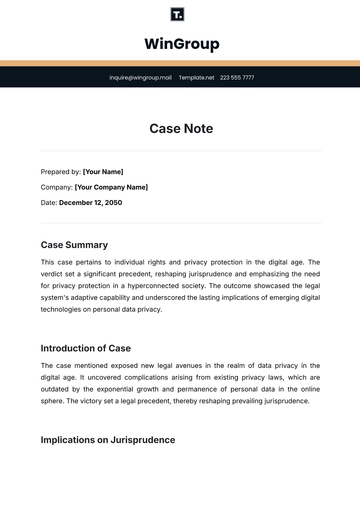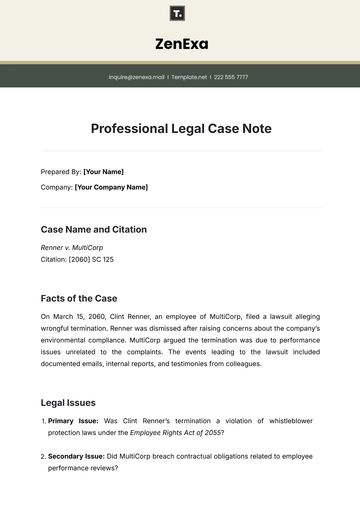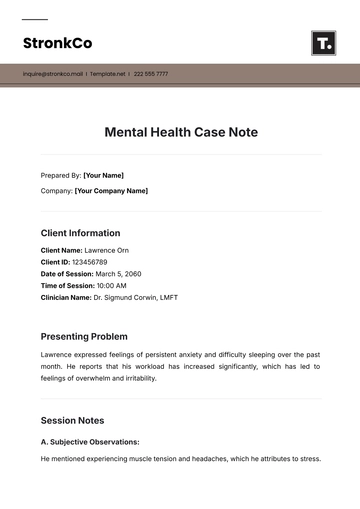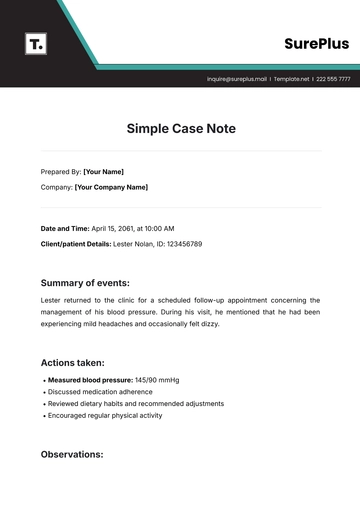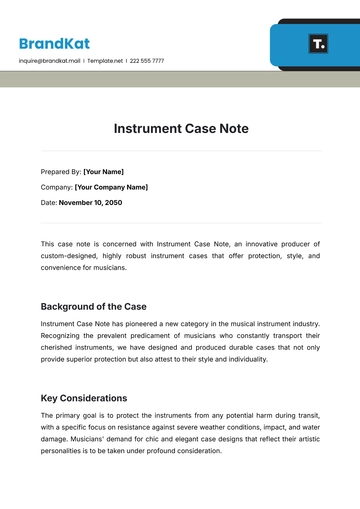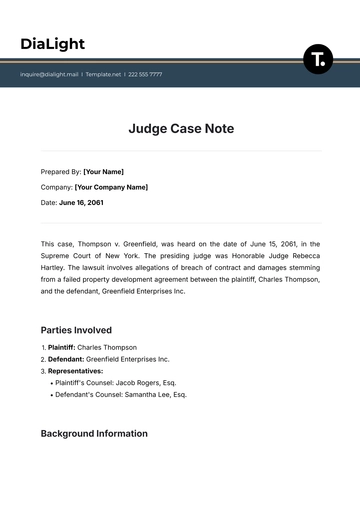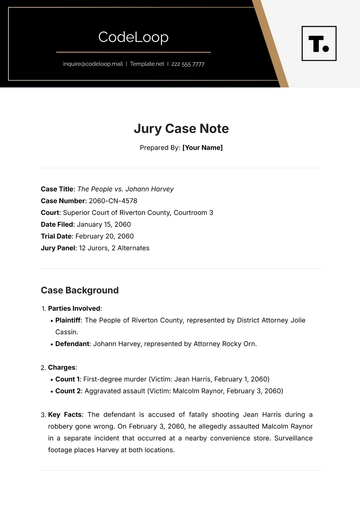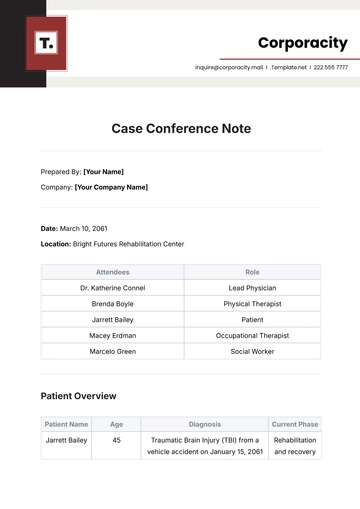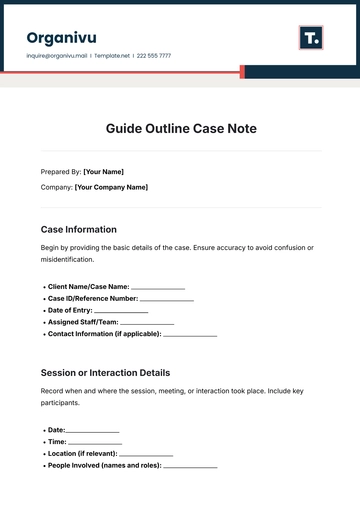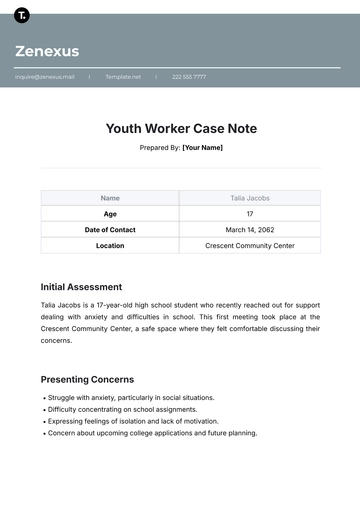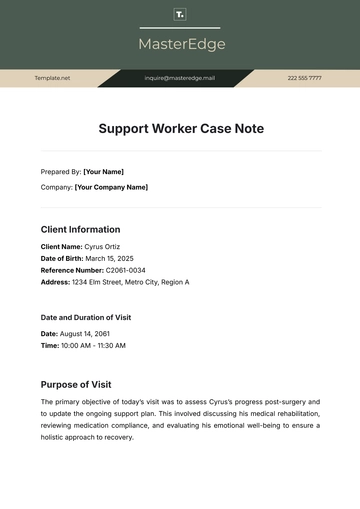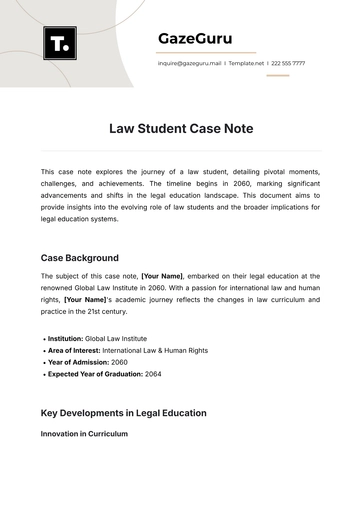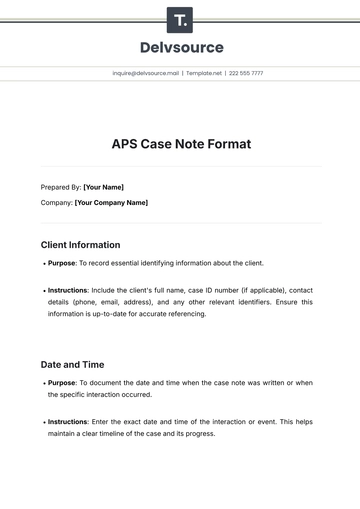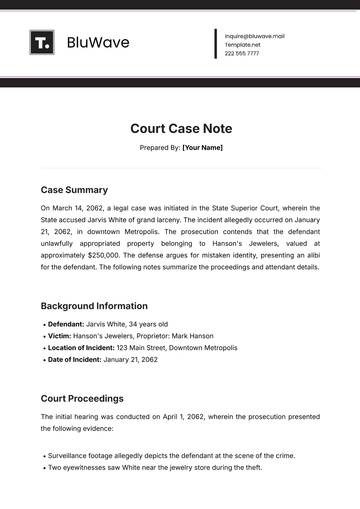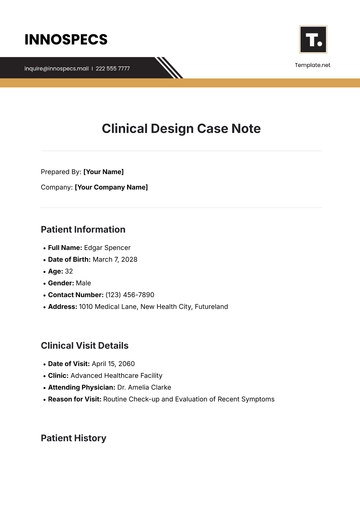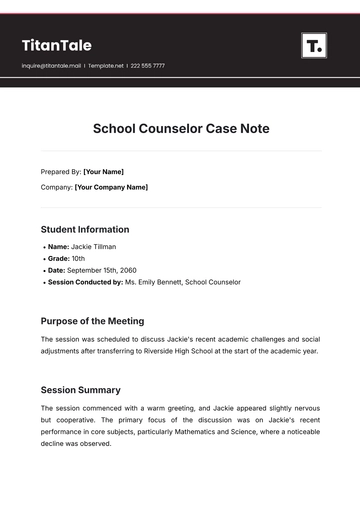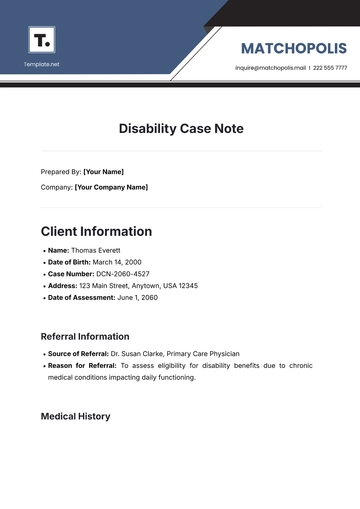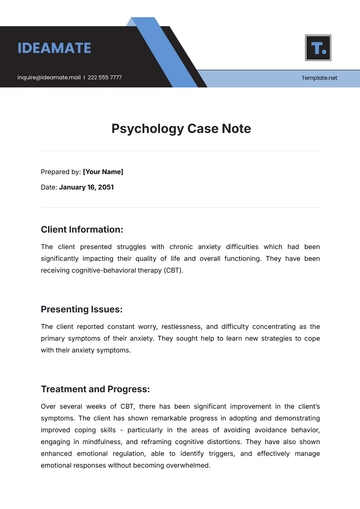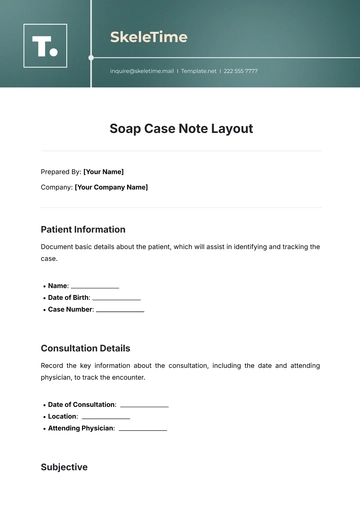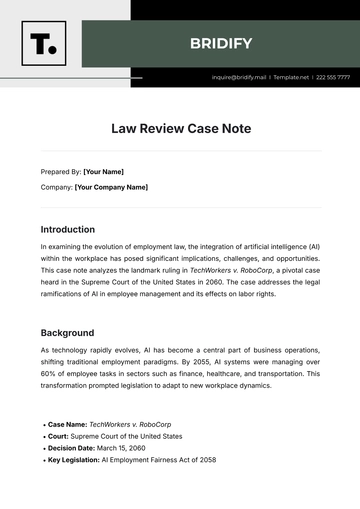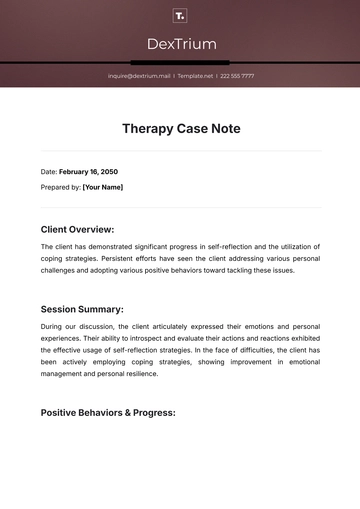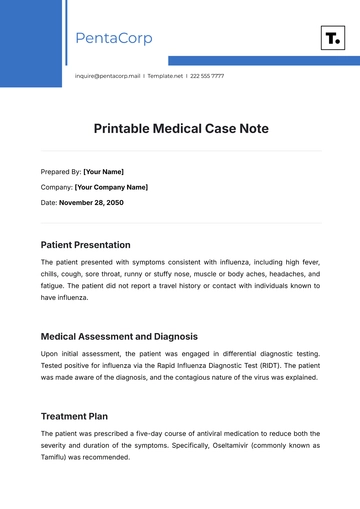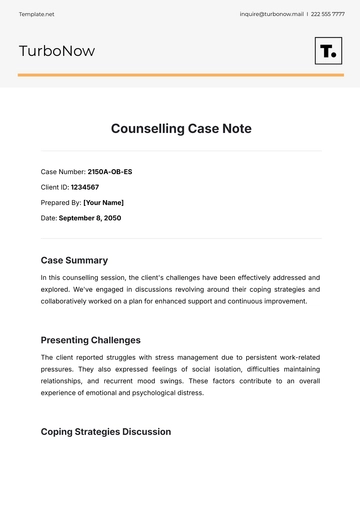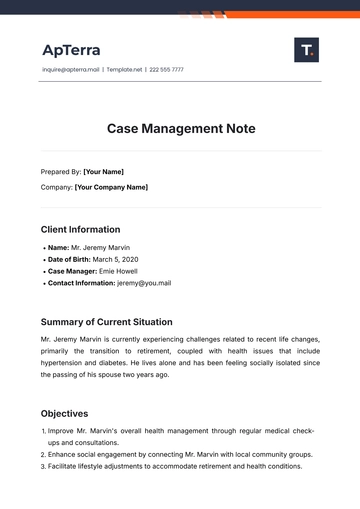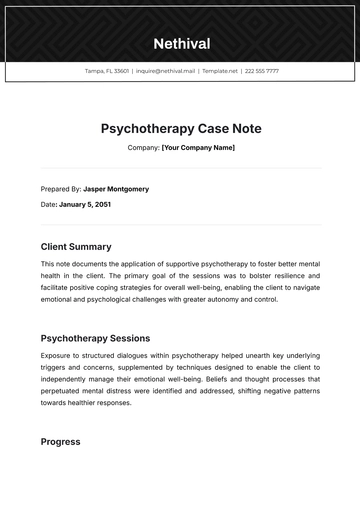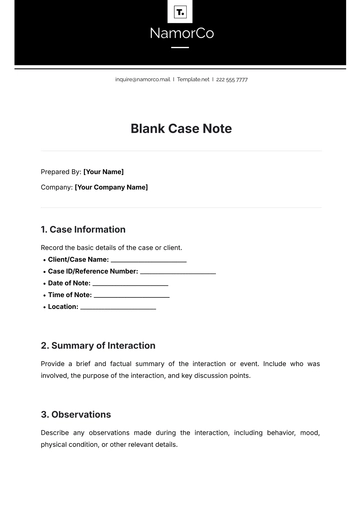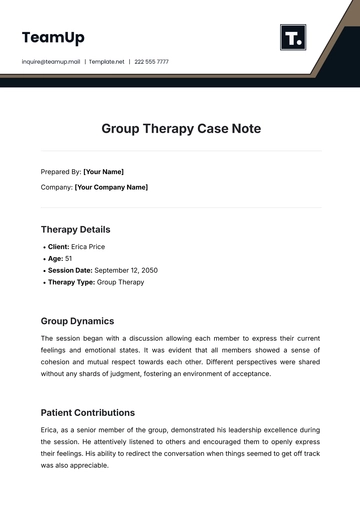Free Law School Notes Case Brief
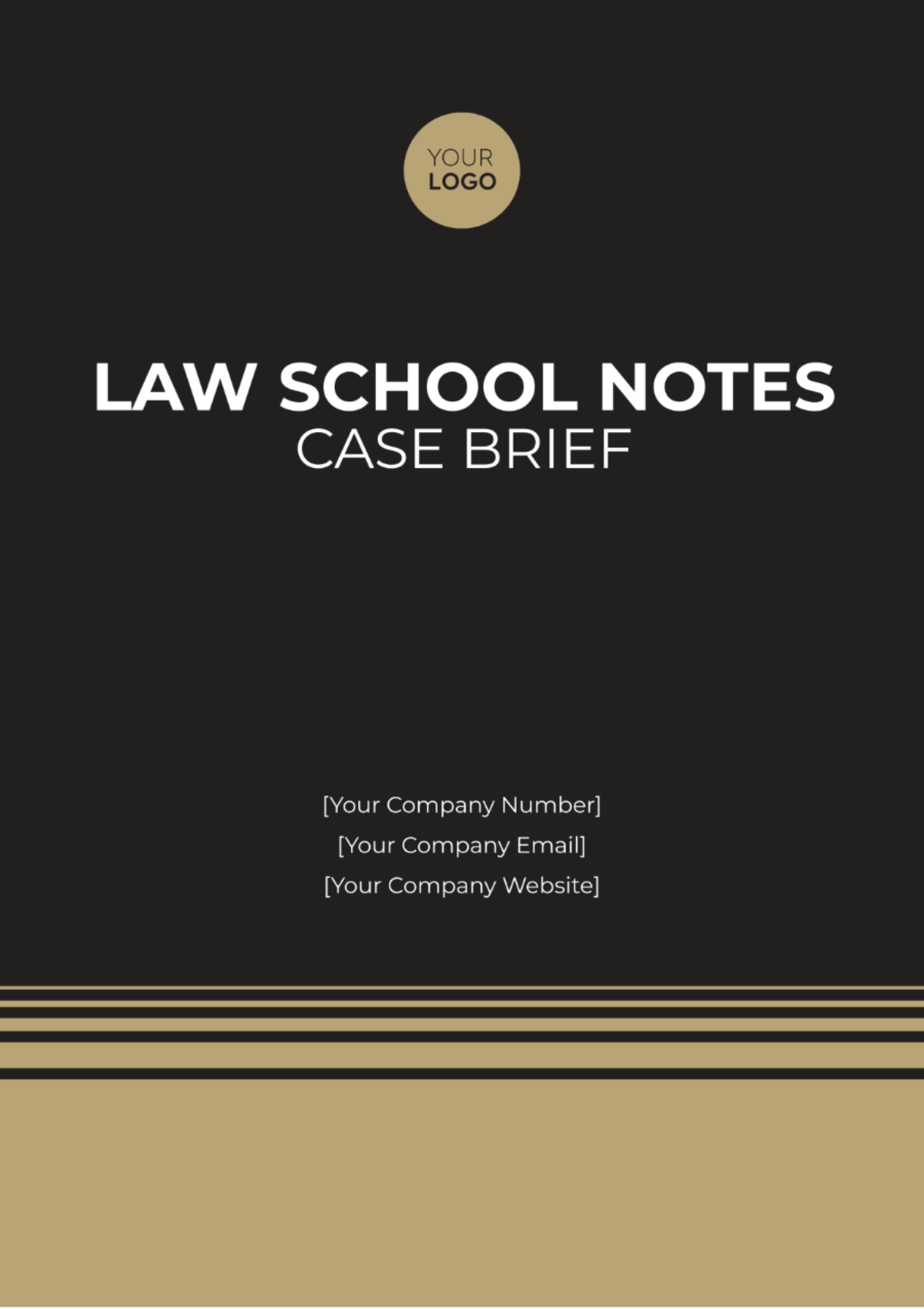
I. Case Citation:
[Garcia] v. [Patel], 123 U.S. 456 (2050)
II. Facts:
Law enforcement received an anonymous tip about potential drug activity at Mr. [Patel]'s property.
Officers observed suspicious behavior consistent with drug trafficking during surveillance.
A search warrant was obtained solely based on the anonymous tip.
III. Issue:
Does a search warrant solely based on an anonymous tip, without additional evidence, violate Fourth Amendment rights?
IV. Holding and Reasoning:
The court ruled the warrant invalid due to lack of independent corroboration of the anonymous tip.
The Fourth Amendment requires more than just an unverified tip to establish probable cause.
Without independent corroboration, the warrant violated the defendant's Fourth Amendment rights.
V. Precedents:
The decision aligns with [Nguyen] v. [United States], 392 U.S. 1 (2052), emphasizing the need for independent evidence to establish probable cause.
VI. Impact:
[Garcia] v. [Patel] establishes a precedent for requiring independent corroboration of anonymous tips for search warrants.
This decision influences law enforcement practices and legal procedures regarding search and seizure.
VII. Dissenting Opinion (if applicable):
No dissenting opinions were issued in this case.
VIII. Procedural History:
The case began in the [Circuit Court for the District of Columbia], with subsequent appeals and affirmations leading to the Supreme Court's decision.
IX. Context:
The case reflects ongoing debates over law enforcement powers and Fourth Amendment protections.
[Garcia] v. [Patel] clarifies constitutional standards for obtaining search warrants based on anonymous tips.
X. Conclusion:
[Garcia] v. [Patel] emphasizes the necessity of independent corroboration for search warrants under the Fourth Amendment.
The decision reaffirms constitutional protections against unreasonable searches and seizures, guiding law enforcement practices.
Prepared by [YOUR NAME]
- 100% Customizable, free editor
- Access 1 Million+ Templates, photo’s & graphics
- Download or share as a template
- Click and replace photos, graphics, text, backgrounds
- Resize, crop, AI write & more
- Access advanced editor
Introducing the Law School Notes Case Brief Template from Template.net. Crafted for efficiency, it's fully editable and customizable, tailored to suit your needs. With seamless integration into our Ai Editor Tool, streamline your case brief creation process effortlessly. Elevate your legal studies with precision and ease.
You may also like
- Delivery Note
- Notes Release
- Concept Note
- Class Note
- Hospital Note
- Apology Note
- Credit Note
- Handover Note
- Personal Note
- Excuse Note
- Case Note
- Sample Doctor Note
- Lesson Note
- Appointment Note
- Piano Note
- School Note
- Progress Note
- Business Note
- SOAP Note Templates
- Therapy Note
- Briefing Note
- Summary Note
- Sample Note
- Printable Note
